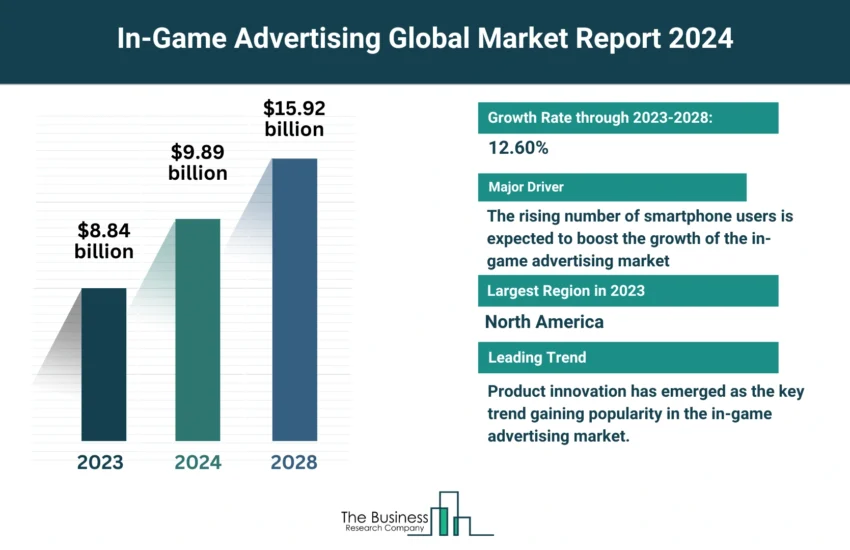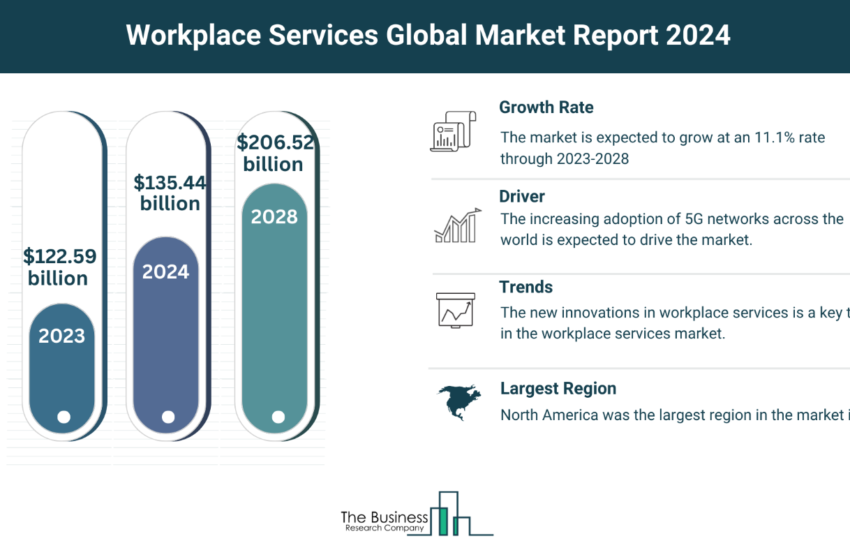Robotics And Drones In Forensic Auditing!
Forensic audit companies are increasingly using robotic process automation (RPA) to drive more efficient and rigorous compliance programs and aid in conducting efficient forensic investigations. Robotic process automation is an application of technology that allows employees in a company to configure computer software, or a robot, to capture and interpret existing applications for processing a transaction, manipulating data, triggering responses, and communicating with other digital systems. Forensic audit companies can carry out repetitive, manually intensive monitoring and testing activities by using robotic process automation. This allows organizations’ internal audit, compliance, or investigative teams to focus their efforts on intricate or complex issues that require judgements, such as conducting a root cause analysis on a compliance breakdown. The advantages of using robotic process automation is to transform the high volume, repetitive manual processes to an automated platform that provides high efficiency, improved security, and improved quality with a rapid ROI. Robotic process automation can be crucial to enhance regulatory compliance, including anti-money laundering and customer due diligence. Going forward, RPA can be used for faster KYC checks by using computer vision technology, customer service by using natural language processing, sentiment analysis algorithm, and responding to the customer queries. RPA can also be applied to identify fraudulent transactions, early warning signals, and assess customer credit risks. Forensic audit service rendering companies such as Deloitte and Price Waterhouse Coopers are few companies using robotic process automation for internal audits. Ernst & Young (EY) Australia has adopted its proprietary robotic process automation technology, claiming that 50% of its bank audit confirmations were lodged using the AI-enabled system.
A forensic audit is an examination and evaluation of a firm’s or individual’s financials, compliance, background information and other types of information, to use as evidence in a court of law or in legal proceedings. The global forensic audit market was estimated at $12.2 billion in 2019, and is expected to grow to $15 billion in 2022 at an annual growth rate of 7.2%. Use of advanced technologies such as RPA and drones will contribute to the growth of the market in the forecast period.
The use of drones is another technological trend being witnessed in the global forensic audit market. Forensic accounting firms are using drones to enhance the forensic audits of outdoor inventories and large warehouses. Drones are used in analyzing inventory by scanning QR codes, barcodes and other labels, and detecting frauds. This information is reported in real time using online auditing platforms. Drones are mainly used for the forensic audit of companies in the retail and manufacturing sectors which have huge inventories. Major auditing companies such as KPMG and EY are using drones to make quick forensic audits.




